This is one of the contents that Malaysia is drafting to amend the 1985 food regulations. In response to this information, the Vietnam SPS Office has sent a document to relevant agencies, units and industry associations to ask for comments on the above draft amendment of Malaysia.
On March 13, the Vietnam SPS Office sent a document to the Departments of: Animal Husbandry and Veterinary Medicine; Quality, Processing and Market Development; Cultivation and Plant Protection ( Ministry of Agriculture and Environment ); Import-Export Department (Ministry of Industry and Trade); Food Safety Department (Ministry of Health) and the Associations: Vietnam Beer - Alcohol - Beverage; Vietnam Coffee - Cocoa; Vietnam Seafood Processing and Export; Vietnam Cashew; Vietnam Pepper and Spices; Vietnam Rice Industry; Vietnam Vegetables and Fruits; Vietnam Bird's Nest to comment on Malaysia's draft amendment to the 1985 food regulations.
Previously, the Vietnam SPS Office received notice No. G/SPS/N/MYS/62 from the Secretariat, SPS-WTO Committee on the Malaysian Ministry of Health 's notice to seek opinions on "Adding new content to the 1985 food regulations [PU(A) 437/1985] - Part IIB: Food Safety Assurance Program for imported food", specifically:
Requires food imported into Malaysia to be produced in establishments that implement a Food Safety Assurance Program recognized by the Malaysian Ministry of Health . These programs may include, but are not limited to: Food Safety Management System (FSSM), Hazard Analysis and Critical Control Point (HACCP) or Good Manufacturing Practice (GMP);
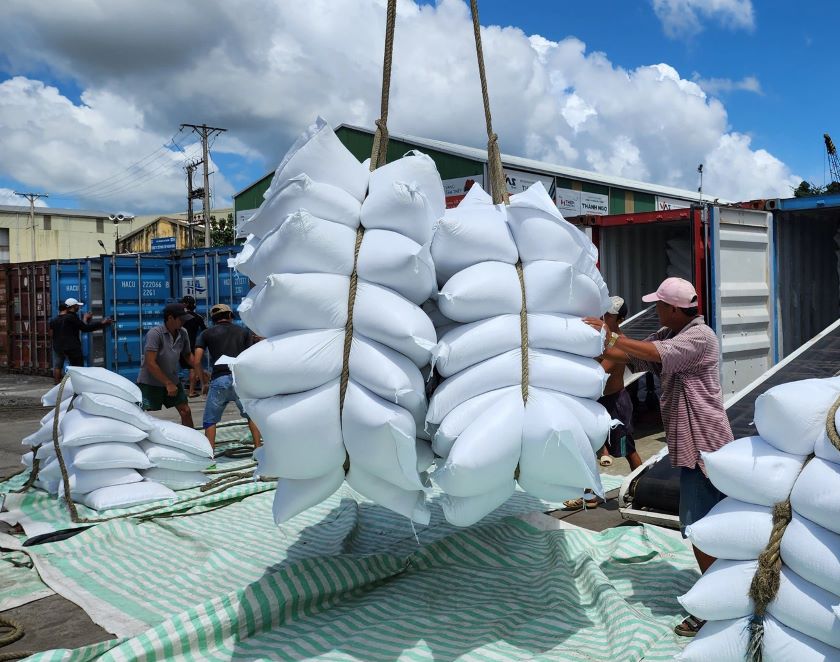
Currently, Malaysia is one of the countries importing the most rice from Vietnam. According to data from the General Department of Customs, in the first 11 months of 2024, Malaysia imported nearly 700,000 tons of rice from Vietnam.
Malaysia has the right to inspect food establishments to ensure compliance with regulations, which may be done in coordination with the competent authority of the exporting country or the food manufacturing establishment abroad;
The importer is responsible for providing or maintaining documentation demonstrating that the manufacturing facility complies with a recognized food safety assurance program. Failure to comply may result in sanctions or refusal of food importation;
This requirement is in accordance with the Malaysian Food Hygiene Regulation 2009, which requires domestic manufacturers to provide and implement food safety assurance programs in food establishments.
According to statistics from the Vietnam Customs, Malaysia is the leading country importing rice from Vietnam. In the first 11 months of 2024, Malaysia imported nearly 700,000 tons of rice. In addition, Vietnam also exports other agricultural products to the Malaysian market such as coffee, cashew nuts, dragon fruit, chili, lemon, etc.
Source: https://danviet.vn/malaysia-siet-dieu-kien-xuat-khau-thuc-pham-co-so-dam-bao-attp-phai-duoc-bo-y-te-nuoc-nay-cong-nhan-20250314094044738.htm


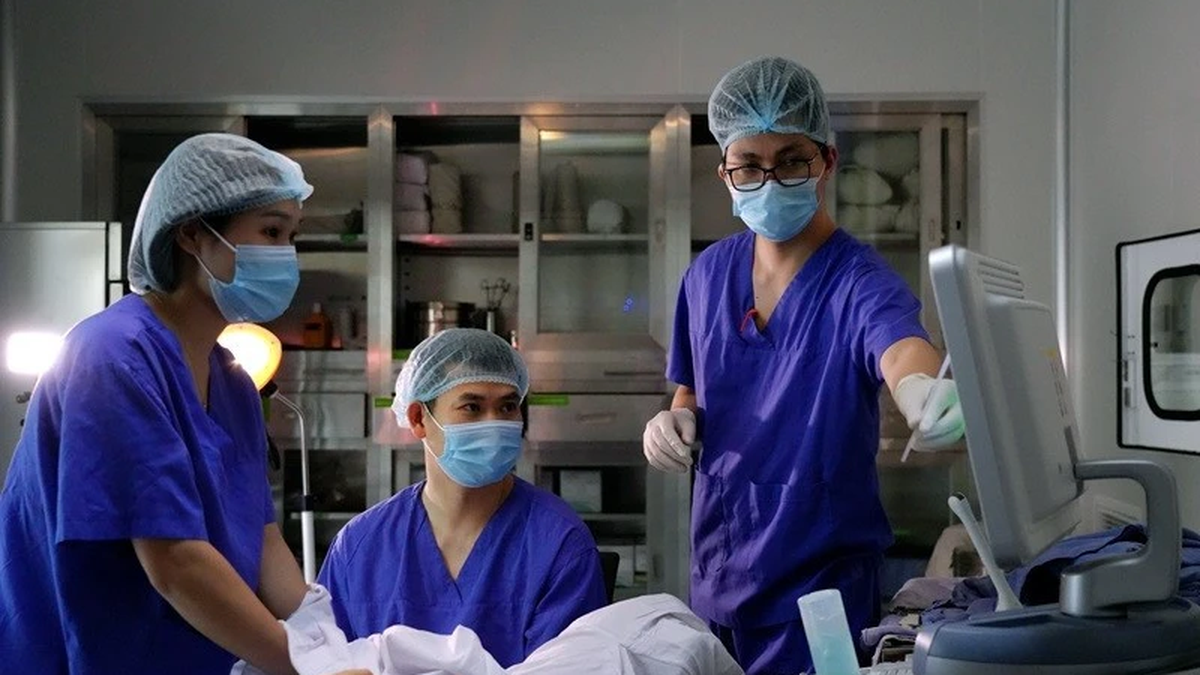


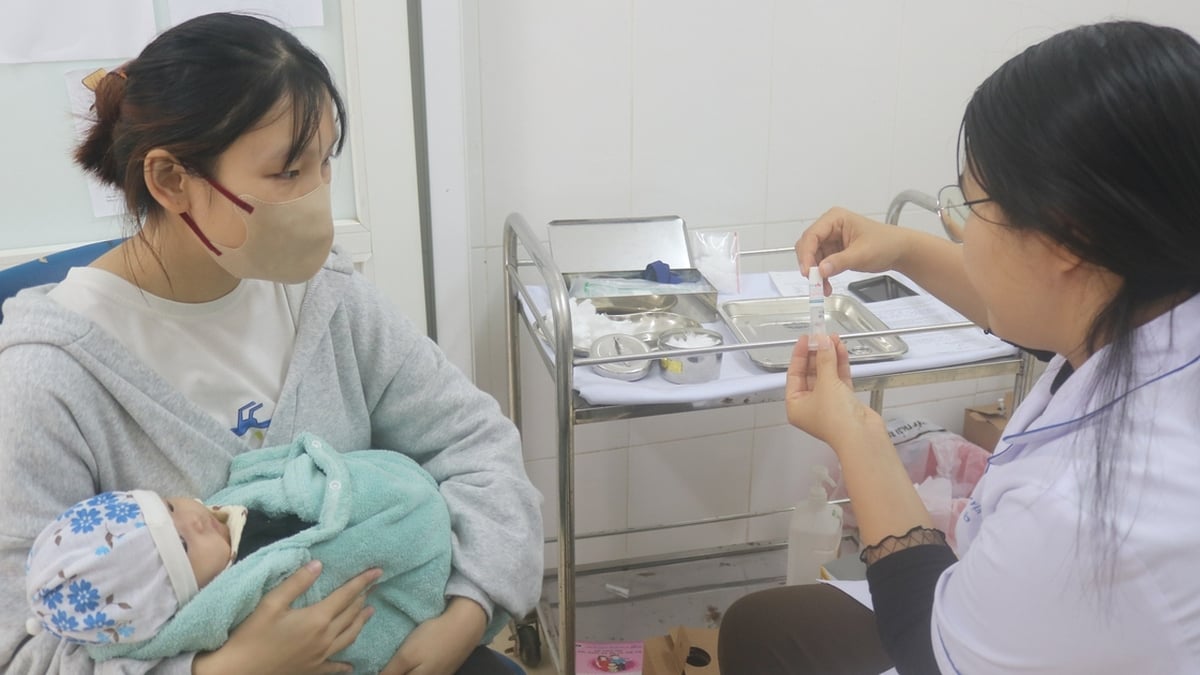
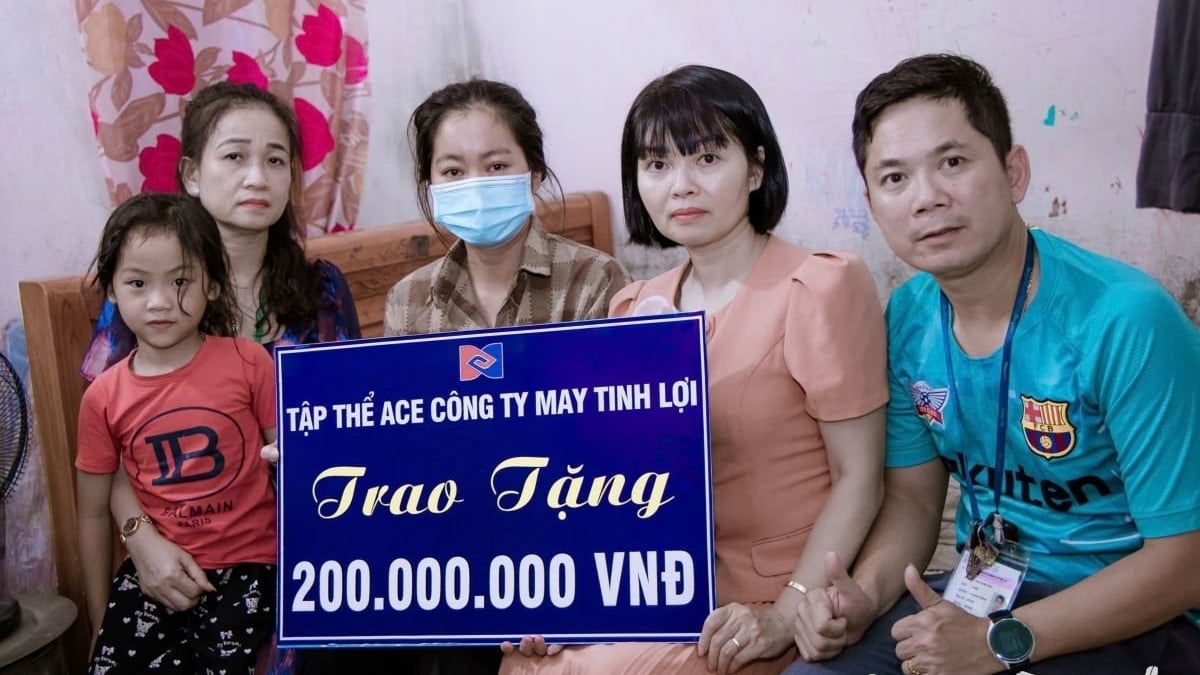
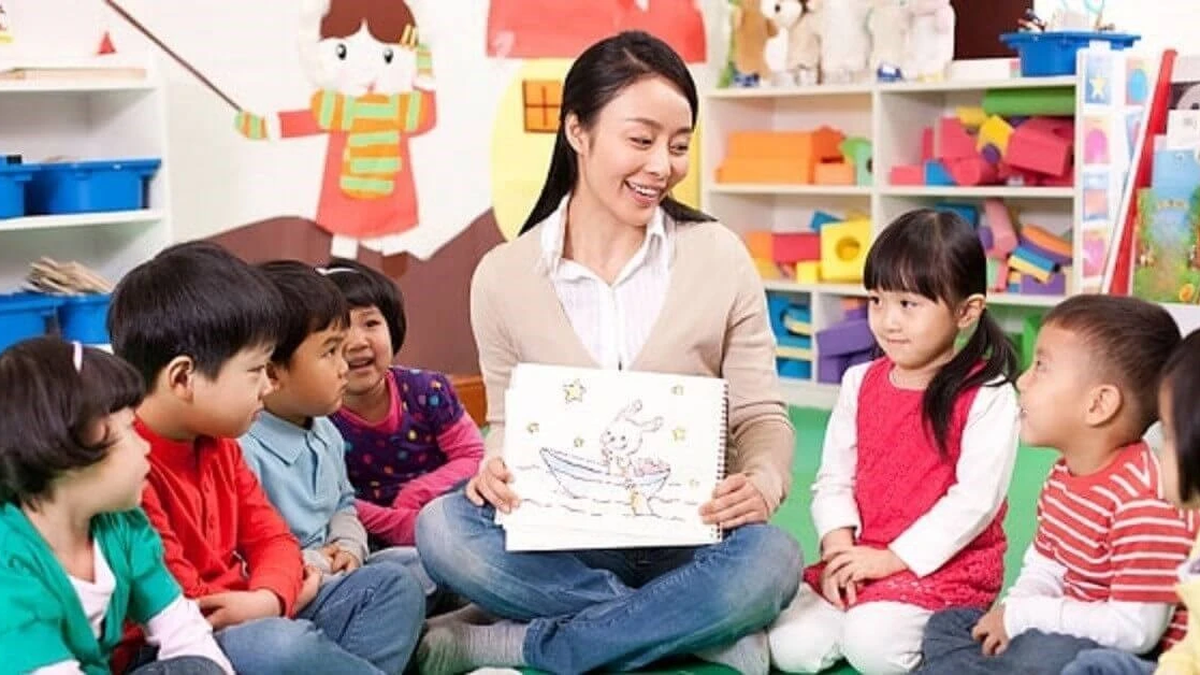


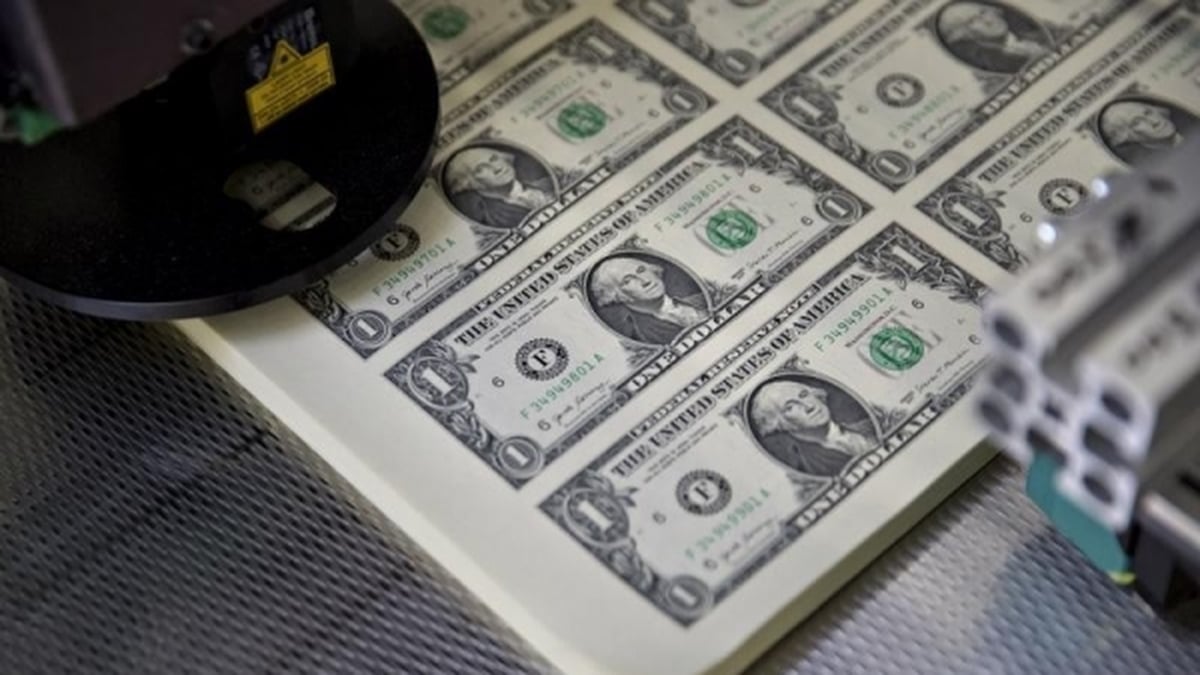
































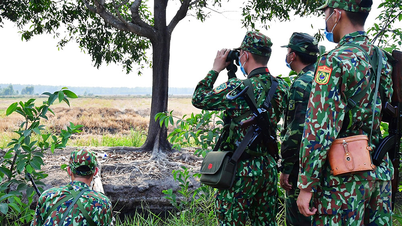












![[Maritime News] Container shipping faces overcapacity that will last until 2028](https://vphoto.vietnam.vn/thumb/402x226/vietnam/resource/IMAGE/2025/7/30/6d35cbc6b0f643fd97f8aa2e9bc87aea)





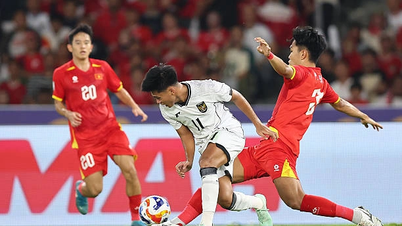





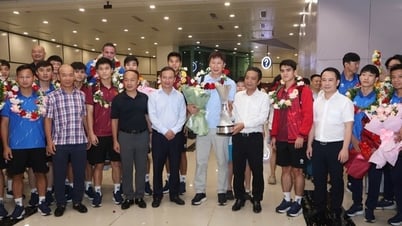



























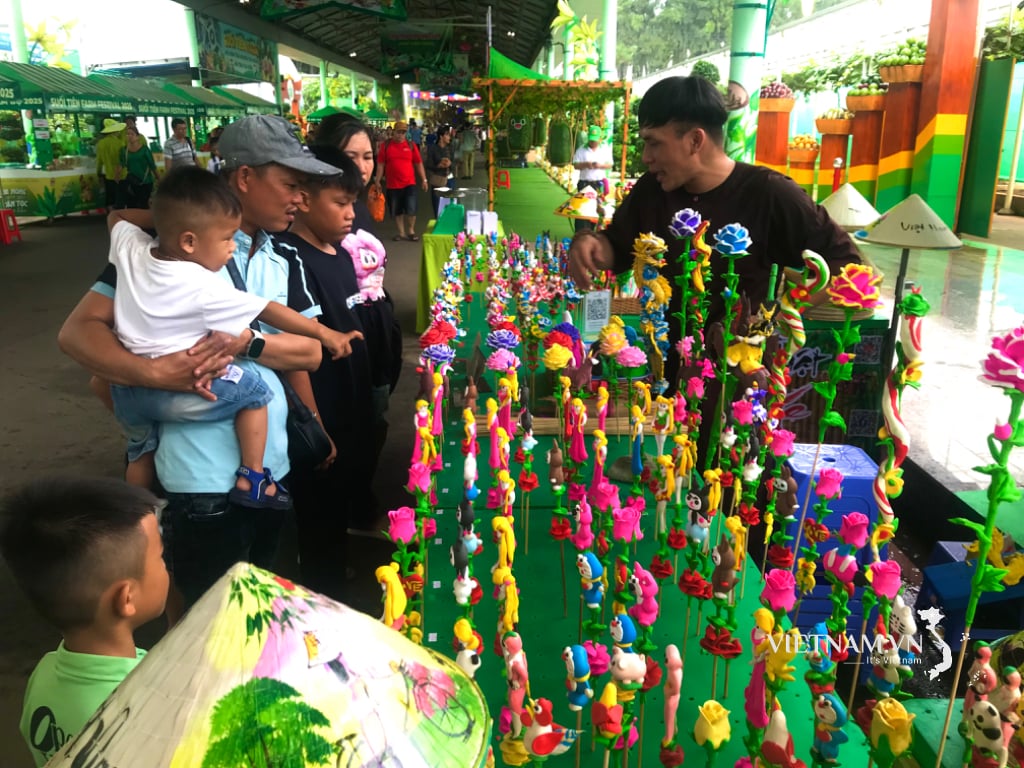
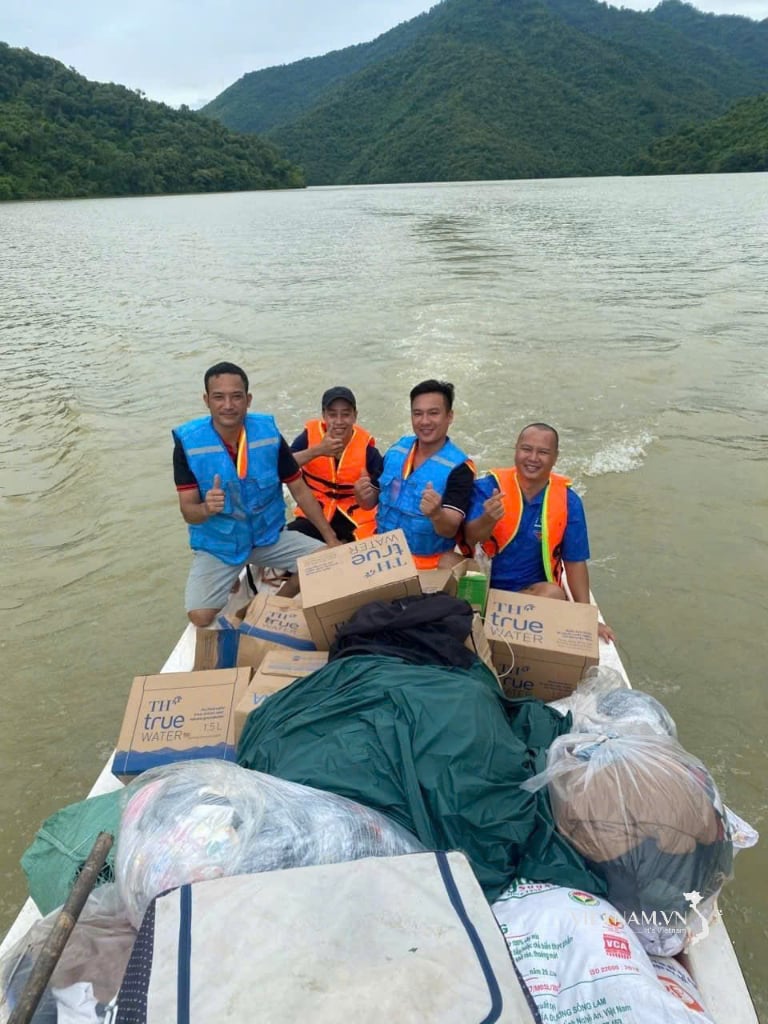
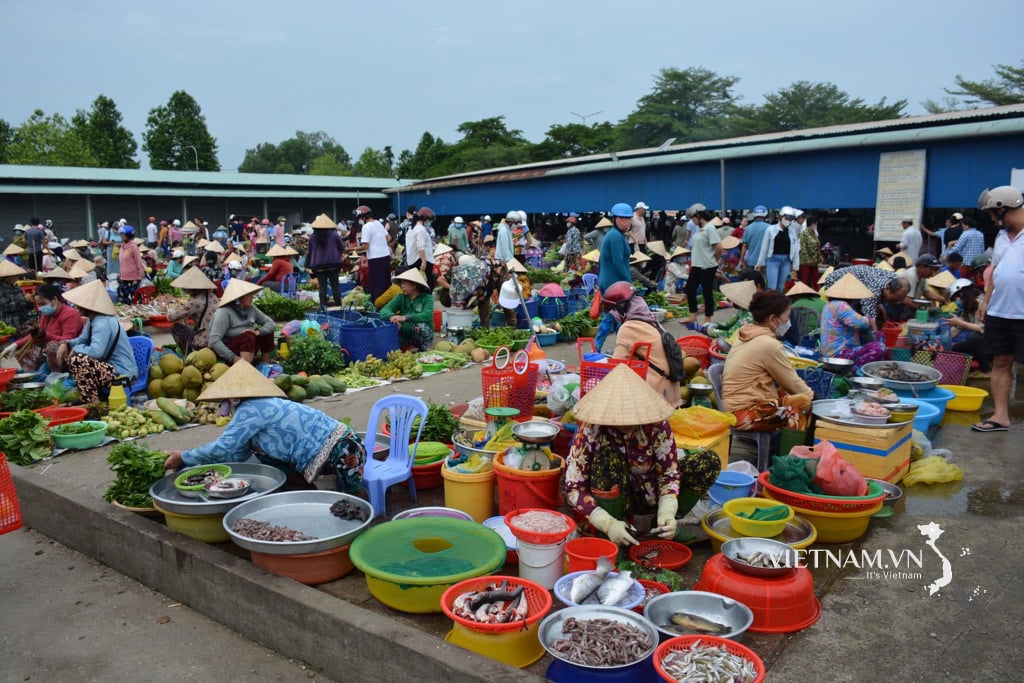
Comment (0)